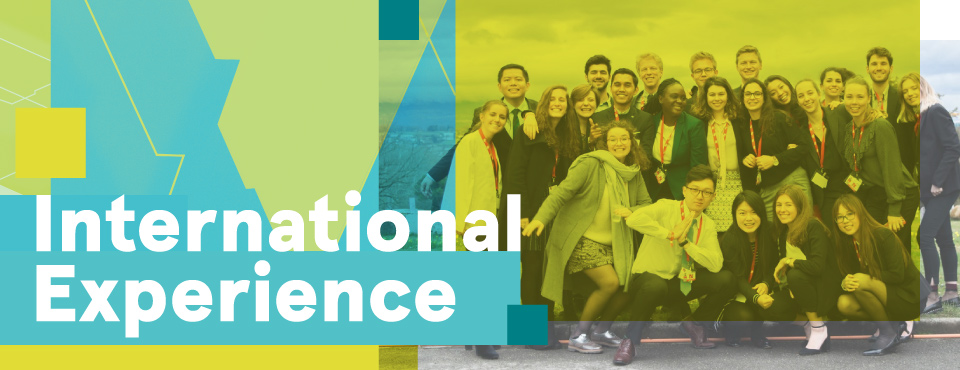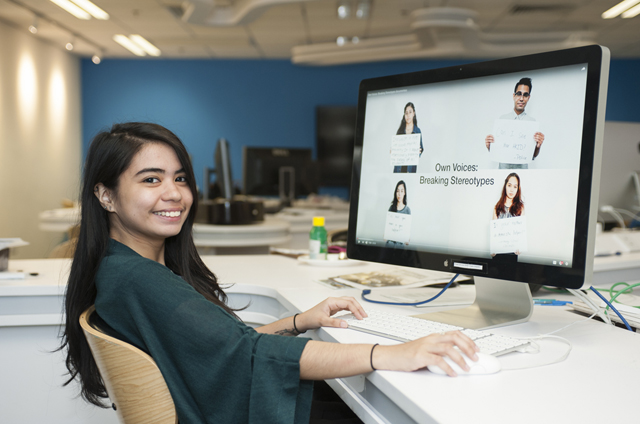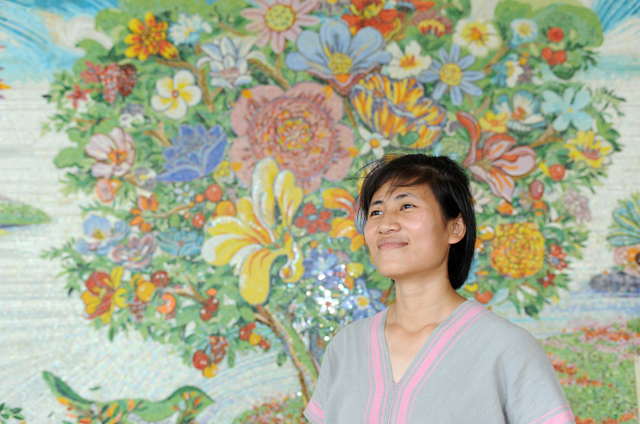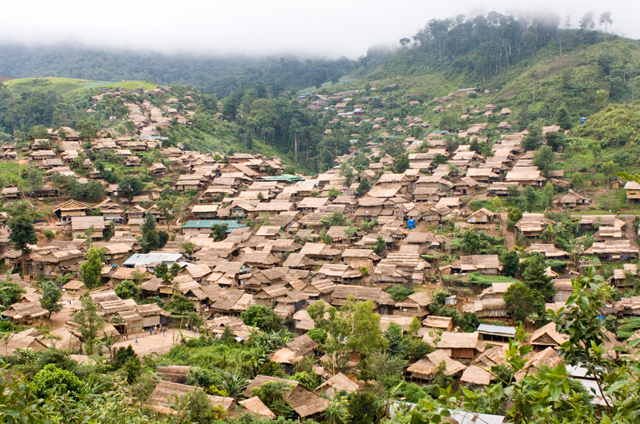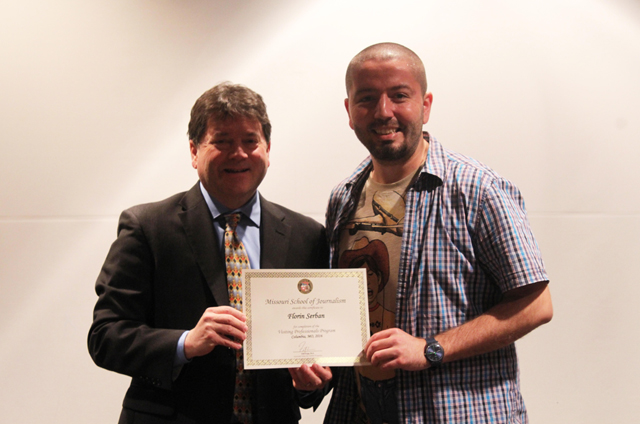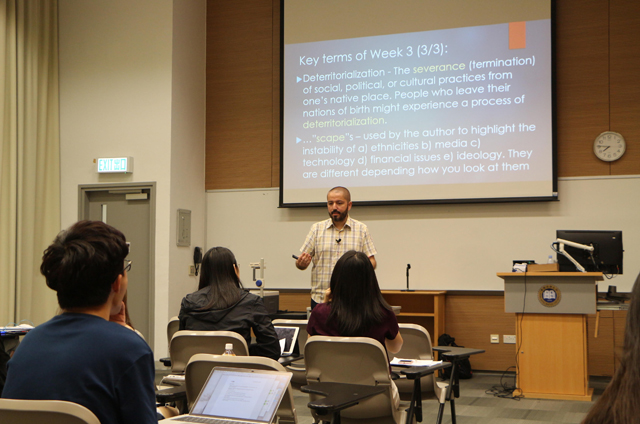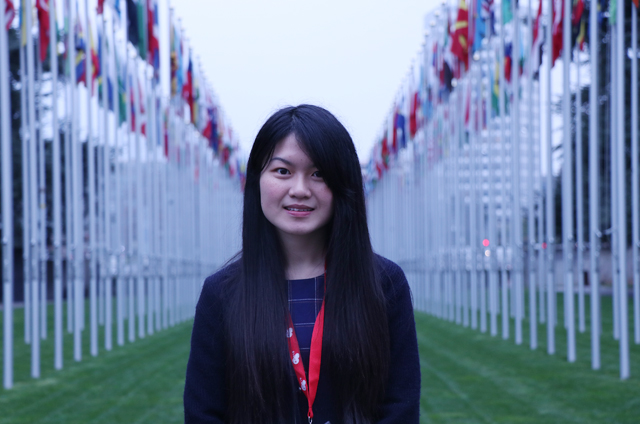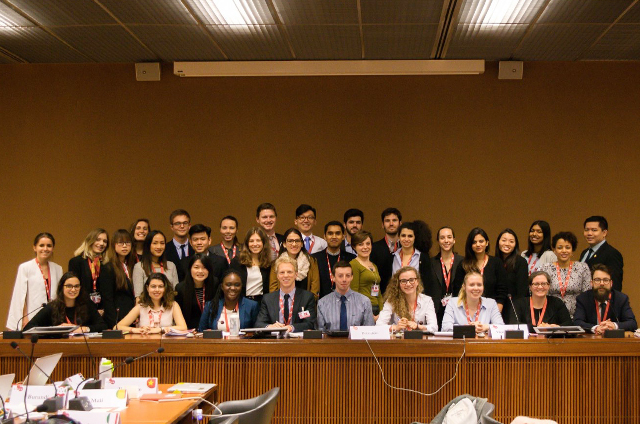them.
As a Hong Kong-born Filipino, Jianne Soriano is the director and producer of “Own Voices: Breaking Stereotypes”, a documentary that tells the stories of young ethnic minorities through their own voices to hopefully break existing stereotypes placed upon them.
Since she was in secondary school, Jianne has had a wide involvement in various international initiatives. She has been an active youth leader at the United Nations Internet Governance Forum and was one of the guest speakers at the HKBU Global Youth Summit 2018.
"Hong Kong is home to people from different cultural backgrounds. In that sense, it is international. However, people's perception of 'international' tends to veer towards western culture, hence people of South Asian and South-east Asian descent don't automatically come to mind. Also, there aren't many opportunities for Chinese- and non-Chinese-speaking people to interact with each other." Jianne Soriano is one of the few Hong Kong-born Filipinos to have gained admission to a local university. For both primary and secondary schooling, she was allocated to designated schools where ethnic minority students are the majority. The International Journalism course in HKBU has provided Jianne a real opportunity to study with locals and an ethnically diverse group of students.
A few months ago, she directed and produced a documentary examining stereotypes of ethnic minorities in Hong Kong. Equal Opportunities Commission representatives were invited as special guests at the public screening. "I live in Hong Kong but I seldom hear the voices of ethnic minorities in the mainstream media. And when I do hear them, it's usually negative news. It prompted me to produce a documentary that tells the stories of four young people of different ethnic backgrounds as told through their own words. I wish to give them a voice and make them more visible to society. That's why I named it 'Own Voices'."




